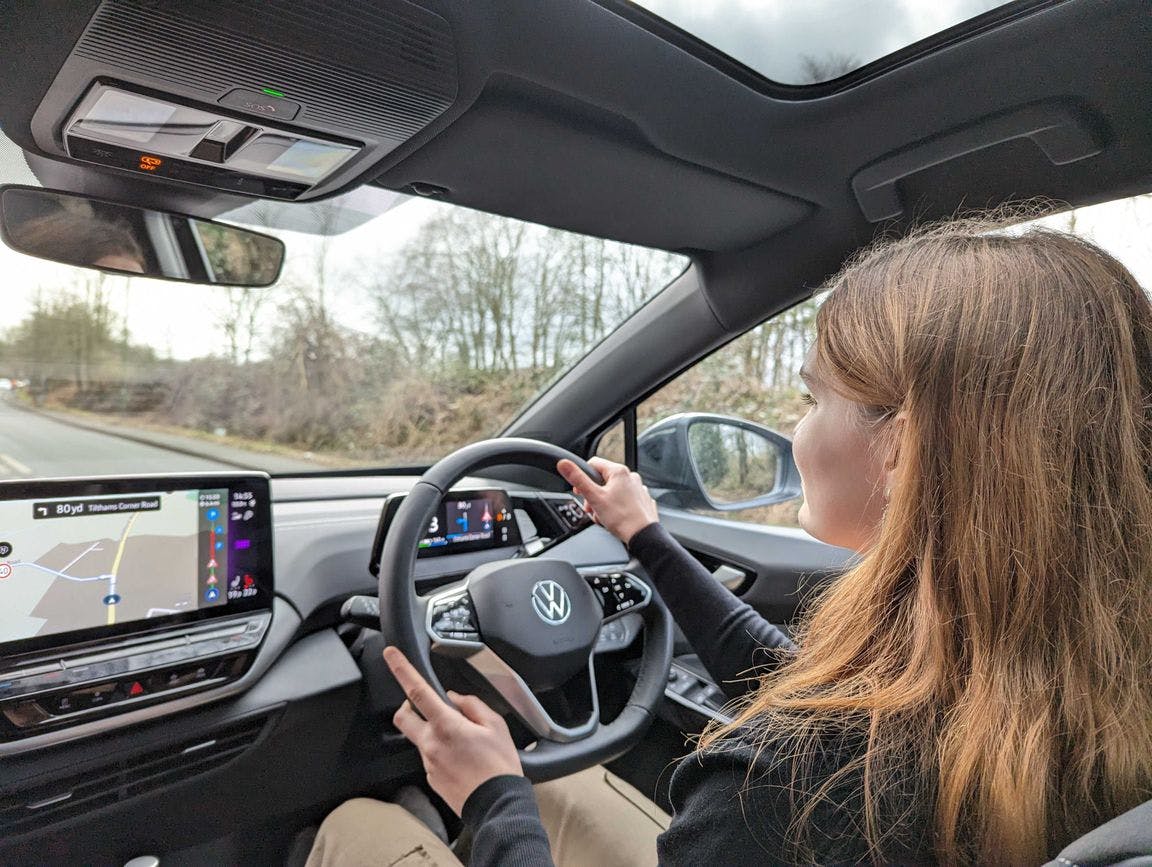
EV servicing, maintenance, parking and charging fees work out cheaper than the petrol/diesel equivalent!
On average, the annual cost of running a petrol or diesel car in the UK is £2,205 - this includes refuelling, car insurance, repairs, MOT, servicing, parking fees, cleaning supplies etc. Comparatively, the average annual cost of running an EV is £1,742. This could mean savings of around £500 per year!
To understand why EVs are cheaper to run than a petrol/diesel vehicle, we're going to take you through the mechanics of an EV, and how fewer parts mean less expense:
Powered solely by lithium-ion batteries, the general maintenance of an EV is far less than a petrol or diesel car. Built without a combustion engine; oil changes and costly replacements are a thing of the past. And with the addition of regenerative braking, brake wear - and the replacement of brake pads - is substantially reduced. So, what happens in the unlikely scenario that an EV battery stops working?
Fortunately, as car manufacturers are so confident in the durability and reliability of an EV battery, the average EV now comes with an eight-year guarantee (but most batteries are outlasting these guarantees!). So should your battery capacity dramatically deplete (or stop working altogether), the warranty will cover any repairs or replacements.

Cosmic Fact!
EV battery warranties vary from vehicle to vehicle, so remember to check these details with your local dealer before buying.
When it comes to charging your EV, the price comparison to refuelling a petrol or diesel car is amazingly stark. In 2022, for someone driving an MG ZS Electric, the average cost of charging (via Electroverse and home charging) was £22.64 per month. For someone driving an MG ZS, the average fuel cost goes up to £103 per month. That's up to a £964 annual difference - need we say more?
Depending on how you charge (i.e. the speed, tariff), price rates can vary, but this won't lead to a premium with Electroverse. We're an honest bunch and merely pass on rates that the networks charge us - sometimes with a discount! Learn more about charging rates and tariffs here.












